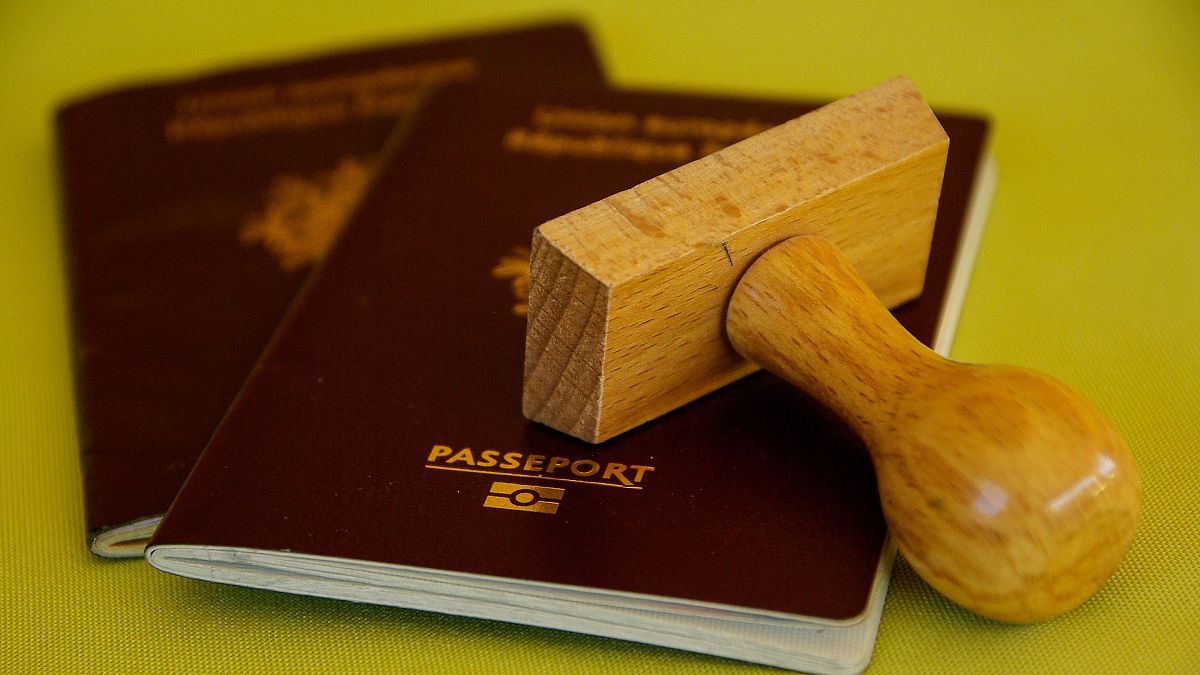While some European ministers dial up the anti-immigration rhetoric, criminals and the corrupt are abusing Golden Visa schemes to gain the right to live in the EU, writes Transparency International's Carl Dolan.
By Carl Dolan
At a time when we’re hearing some EU ministers dial up the anti-immigration rhetoric, it may come as a surprise to hear that EU citizenship, along with its benefits, is up for grabs if you can afford it. Many EU countries have Golden Visa schemes, through which residency and/or citizenship can be easily purchased by the super-rich.
A quick online search of ‘Golden Visas’ throws up a plethora of companies offering their services to individuals looking to obtain their residency or citizenship rights in the EU.
But who are the people looking to use such services? Who are being granted Golden Visas? And how can the EU have oversight?
While it is unfair to say that all recipients of Golden Visas are corrupt, dodgy or have unsavoury ties to crime, there have been some recent cases that set alarm bells ringing. For example, the oligarch Oleg Deripaska was granted Cypriot citizenship in 2017 despite the fact that American authorities had revoked his business visa in 2007 on the grounds of alleged ties to organised crime in Russia. Just last week his assets in the US were seized by authorities in the US.
How does a person in the international spotlight for crime and corruption acquire EU citizenship, including the rights to live, work and travel freely? It essentially boils down to a lack of harmonisation and oversight between countries offering these schemes. This is well-illustrated in the case of Rami Makhlouf, the cousin of Syrian President Bashar Al-Assad, who was sanctioned by the US in 2008 for his role in aiding corruption in Syria. In 2010, after unsuccessful attempts to buy Austrian citizenship, he became a Cypriot through their Golden Visa scheme. In May 2011, the EU sanctioned Makhlouf for bankrolling his cousin’s regime but it was only in 2013 that was his Cypriot citizenship was revoked.
Being able to ‘shop around’ for citizenship demonstrates that EU-wide due diligence and communication is not yet in place and leaves the door open for abuses of the schemes and the ability for ‘dirty money’ to be invested in the EU.
Some states offering these schemes cite benefits brought to the country via this stream of additional investment. In Portugal, for example, a person who invests in a business and creates 10 jobs is eligible for residency, which in theory should help to boost the economy and job market. In reality, figures show that 95 % of the investments through the country's scheme have been in real estate. The main impact of this flow of hot money is to inflate the property market and make housing in many parts of Lisbon unaffordable to local residents. In Hungary, the residency bond scheme actually cost the taxpayer money, losing up to EUR 192 million.
It is due to these corruption risks and potential impact on communities that we are calling on the EU to take action to set common standards and mechanisms for reducing risk associated with golden visas programmes. The need for EU action should be obvious. The desirability of these visas is not just the access to small island states that come with them, but access to the entire Schengen area. The reality of a borderless and integrated EU means that sloppy vetting procedures in some countries are jeopardising our collective safety and security.
At the national level, governments running these schemes need to be sure that the individuals they welcome into their countries and, by extension, the EU, are clean – and that their money is, as well. The EU in the meantime should use its Treaty powers to bring errant Member States into line in order to preserve the collective security of all EU nations and citizens.
It is critical that the EU takes this issue on as a means to preserve the collective security of EU nations. We’re looking to Brussels to set EU-wide standards of due diligence, integrity and transparency that are applicable to all golden visa schemes in operation in the region. A requirement of these standards should be to carry out systematic and thorough checks on applicants, and at the very least, national authorities need to look into where applicants’ wealth actually comes from. Mechanisms should also be put in place to allow information sharing on rejected applicants between countries offering golden visas to avoid the criminal and corrupt trying their luck in multiple EU countries.
The perilous Mediterranean crossings that have become nightly news has woken us up to the value that so many place on the right to live and work in the EU. To see those rights sold so cheaply and so negligently should be one of the major scandals of our time.
Carl Dolan is Director of Transparency International EU.
Opinions expressed in View articles are solely those of the author.
